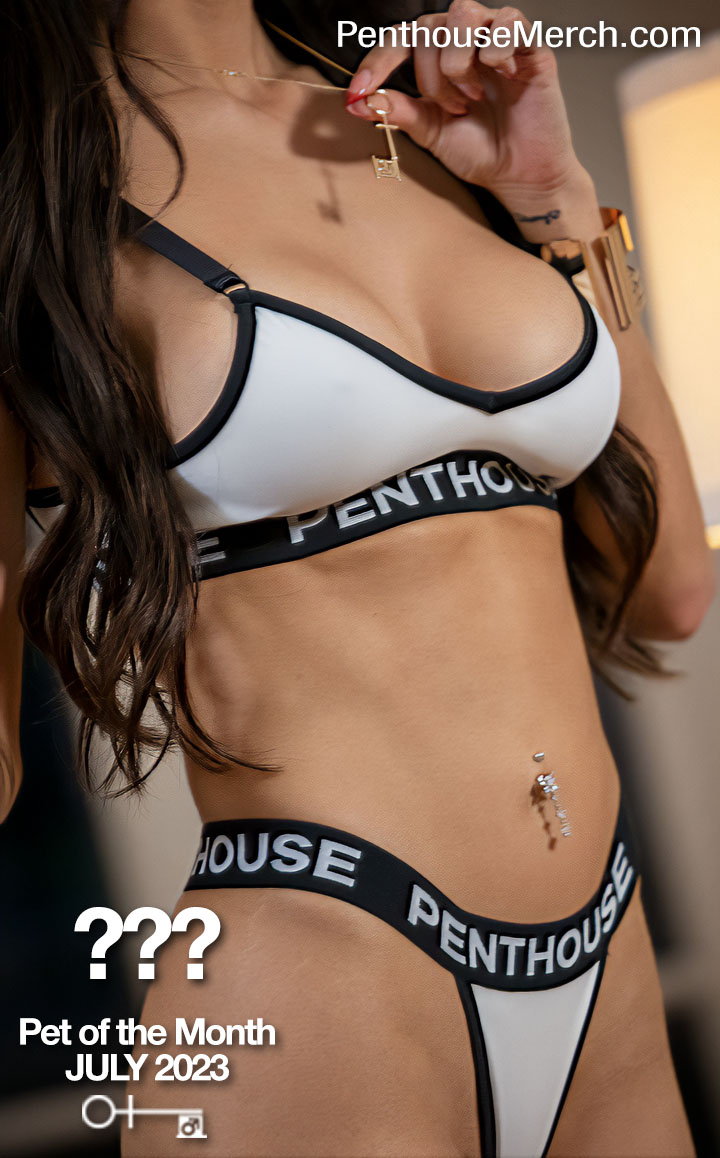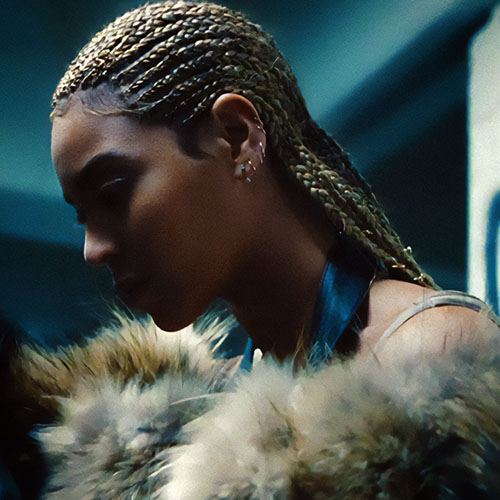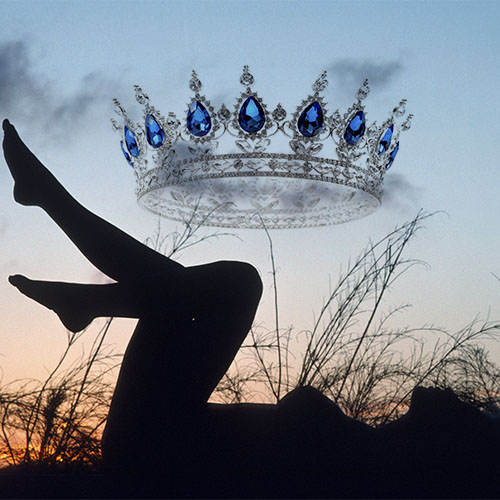I’m standing on the side of the stage in the dark. It’s that moment just before Pearl Jam goes on stage at the second-ever Lollapalooza festival in 1992. All the lights are out.
Lovin’ the Lollapalooza
The excitement builds. Then it happens! Music blasts through the PA system, and the crowd goes wild.
It’s the moment that keeps me, as a member of the road crew, coming back day after day to do the backbreaking job of setting up all the equipment it takes to put on a show like this huge U.S. music festival. Lollapalooza was the first-ever festival to travel the country. You’d think after working 20-hour days for months on end, the magic would wear off, but no. It’s as strong 30 years later as it was that first time. It’s a bond we share with the performers because it’s our show, too.
Attended by millions of people worldwide, summer festivals like Lollapalooza are the lifeblood of the music industry. The phenomenon started with the Monterey Jazz Festival in 1958, followed by Woodstock in 1969. We now have mega festivals like the Donauinselfest in Vienna, Austria, which attracts more than 3 million attendees, and Rock in Rio, which pulls in hundreds of thousands.
For now, though, these fields lie barren, with no sign of the usual hustle and bustle that starts months before as preparations for these events ramp up.
The year 2020 was the first since the late 1950s that there hasn’t been some form of live music festival.
Enter: COVID Pause
As the seasons change, and as the world braces for a third and even fourth wave of COVID-19, the virus continues to have a devastating effect on the music industry.
Is the industry healthy and strong enough to last another year without these live events? They’re the heartbeat of the industry, the proof of life we’re all looking for. It’s not just the darlings of the industry who rely on the festivals. New and emerging talent also need this opportunity to reach a broader audience, enabling them to climb that elusive ladder to success.
Then there’s another side of the industry that survives with little acknowledgement from the audience but is also reliant on these live events. That’s us, the technical staff, aka the road crew. We work hand in hand with the artists, allowing them to focus on the performance, while we take care of the rest. Whether it’s the front-of-house sound engineer at a stadium-sized venue or the high school friend of a garage band, the crew, as individuals, dedicate our existence to music.
But during COVID Pause, we, as professionals, have fallen through the cracks, with little or no acknowledgement or assistance from governments worldwide.
Over the decades, road crews have taken pride in not being seen.
Now, it’s time for us to stand up and be counted. We’re the first in line to donate our time to endless benefit concerts for different worldwide causes, selflessly working for free when there’s no other means of getting the job done.
We were among the first to pivot so we could help out during the pandemic.
Now, we need to be seen and acknowledged for the work we’ve done so tirelessly.
When the vaccines start to take effect, and the festival season reopens — hopefully by August 2021 — the crews will once again disappear behind the scenes to quietly continue creating that healing moment when a band walks on stage and we all become one. No longer feeling alone in this crisis. Being once again healed by the music.
Over a year ago now Rolling Stone profiled the impact of COVID Pause on the music industry. Sadly, in retrospect the warnings may not have been dire enough.






















